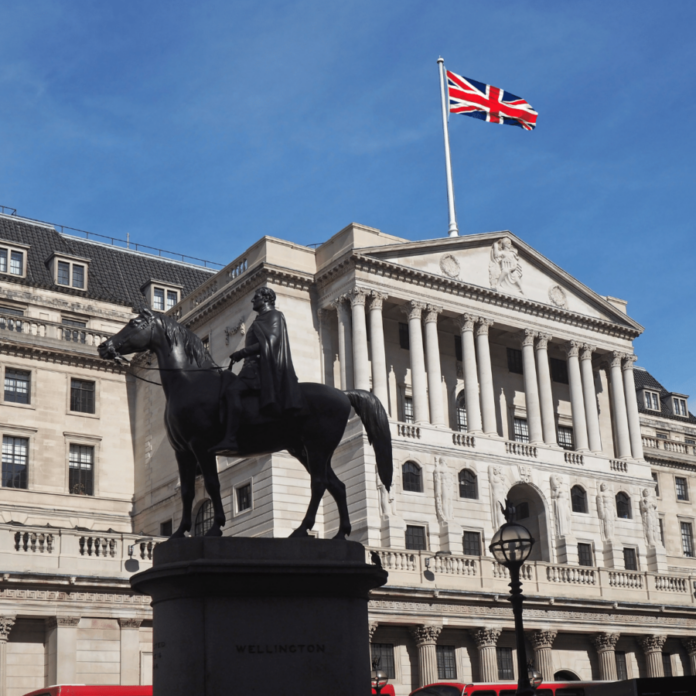The Bank of England on Thursday kept its interest rate unchanged at 4.25% and said it would continue to watch the risks from rising energy prices and a weakening labour market as global uncertainty remains high.
The Monetary Policy Committee voted 6-3 to hold rates steady, with Deputy Governor Dave Ramsden joining two other members in calling for a 0.25 percentage point cut. The central bank repeated its message that interest rates will move gradually and carefully, though they are not on a fixed path.
Governor Andrew Bailey said the bank was seeing signs of softening in the UK labour market and would monitor how that might affect consumer price inflation. He also said energy prices had risen due to growing conflict in the Middle East, though this had not played a major role in the latest rate decision.
The BoE said it would keep a close watch on developments in the region and any economic effects. Its forecast for inflation in the second half of 2025 remained broadly the same, with a peak of 3.7% expected in September and an average just below 3.5% for the rest of the year.
The central bank now expects the UK economy to grow about 0.25% in the second quarter, slightly better than in its May forecast, although the underlying growth remains weak.
Since mid-2023, the BoE has cut its rate by one percentage point, matching the U.S. Federal Reserve but lagging behind the European Central Bank, which has eased more as its inflation has fallen faster. The Fed kept its benchmark rate steady on Wednesday in a range of 4.25%-4.50% and lowered its 2025 growth forecast.
Markets expect the Fed to cut by just under half a percentage point this year, with the ECB expected to deliver one more 0.25 percentage point cut.
On Thursday, the Swiss National Bank also cut rates by 0.25 percentage points to zero, citing reduced inflation pressure and concerns about trade conflicts.




